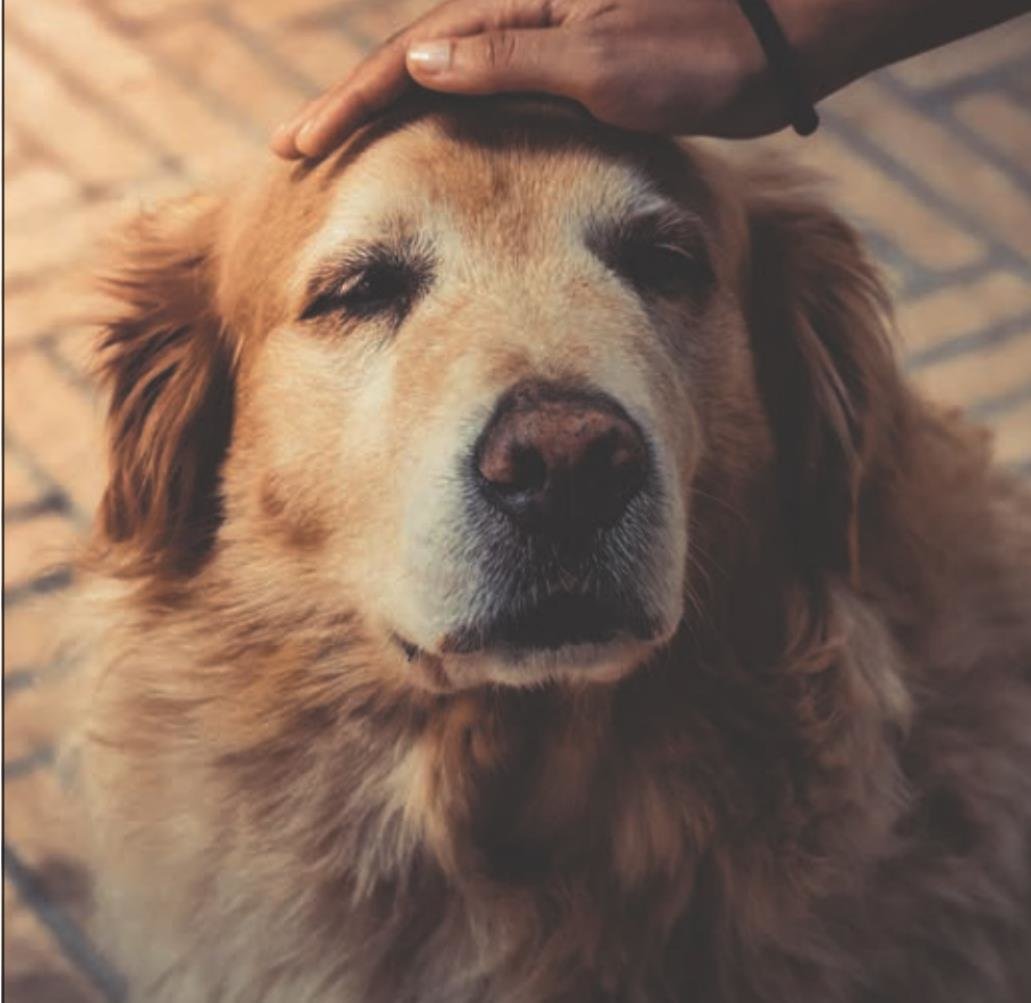Caring for your aging pet
Age is not a disease.
Although senior pets may develop age-related problems, good care allows them to live happy, healthy, and active lives in their senior years.
Changes in behavior
…
This item is available in full to subscribers.
Subscribe to continue reading. Already a subscriber? Sign in
Get 50% of all subscriptions for a limited time. Subscribe today.
Please log in to continueNeed an account?
|
Caring for your aging pet
Age is not a disease.
Although senior pets may develop age-related problems, good care allows them to live happy, healthy, and active lives in their senior years.
Changes in behavior
Behavior changes in your pet can serve as the 1st indicators of aging.
These changes might be due to discomfort or pain (arthritis, etc.) or worsening sight or hearing, but they may also be due to the normal aging process.
Some behavior changes in older pets may be due to cognitive dysfunction, like senility in people.
Common behavior changes in older pets that may be signs of cognitive dysfunction:
• Easily disturbed by loud
sounds
• Unusually aggressive be
havior
• Increased barking/meowing
• Anxiety or nervousness
• Confused or disoriented behavior
• Increased wandering
• House soiling (“acci
dents”)
• Changes in sleep patterns
• Less interest in playing
• Repeating the same
• Not responding to voice commands
• More grouchy or irritable than usual
Size matters
Weight can have a tremendous effect on an older pet’s health.
Obesity in older pets increases the risk of arthritis, difficulty breathing, insulin resistance or diabetes, heart disease, high blood pressure, skin problems, cancer, and other conditions.
An overweight pet may not show any early warning signs of health problems, so regular visits to your veterinarian are recommended.
Once your veterinarian evaluates your pet’s condition, he or she can recommend a proper diet and suggest other steps to help your pet maintain a healthy lifestyle.
Sudden weight loss in an older pet is also a source for concern, especially in cats.
Hyperthyroidism - an overactive thyroid gland - diabetes and kidney disease are common causes of weight loss in senior cats.
If you notice any sudden changes in your older pet’s weight, contact your vet.
Fur-baby fever
It may be tempting to introduce a new pet into the home as your pet gets older, but you should consult with your veterinarian before adding a puppy or kitten.
Ideally, a new pet should be introduced when your older pet is still active and can move away from the younger animal if he/she needs a “time-out.”
Senior pets need to know they have a quiet, secure place where they can walk away and rest, undisturbed, in comfort.
Senior pets can be great companions. Work with your veterinarian to help give them a good life.
Other items that may interest you










Comments
No comments on this item Please log in to comment by clicking here